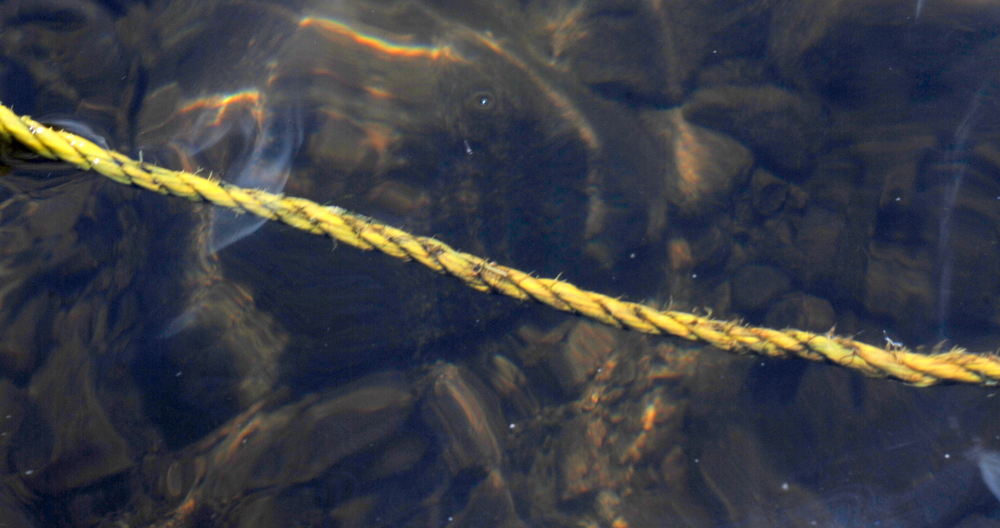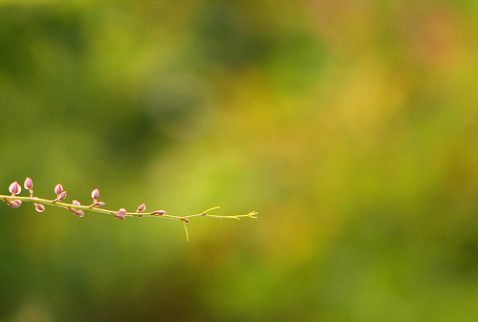Duty
/People have stepped on my toes before. Many have done so and walked on by. Whatever-- people are self-absorbed, I know, and I try not to take it hard. I am OK at it, I like to think. You forget how much work I did on this one project last year? Harrumph, of course, but I'll deal. An extra latte, perhaps. Oh, yes-- just the thing. In fact, I discovered, that extra latte is a cure for great many things, people being inconsiderate prominent among them.
Except. Except when they are being inconsiderate about my dead baby. Scratch that. Not all people-- most people, people who don't know, who are just randomly passing by, who know me, but not well,-- from them it will sting, sometimes a lot, but it won't sear. They, I reason, do not owe me consideration. Not any more than any random person. And though I, myself, may aim for considerate at all times, I know that not to be everyone's standard. And so I don't hold most people to mine.
I watched the pilot of The No.1 Ladies' Detective Agency this spring purely on the strength of the previews. I stayed for the series because I liked the pilot. And because the main character, Mma Ramotswe, is a dead baby mom. They might've laid it on a bit thick in the first episode with a violent flashback (not that there aren't things to have violent flashbacks about in her particular dead baby story-- more like that the one they picked for a flashback isn't entirely believable), but from then on I really liked how they handled that part of her story. It's in every episode, and only occasionally overtly.
Most of the time it's something that I bet many a viewer won't even pick up on. It's subtly written, and subtly played. But if you know, if you've heard these things yourself, you can see it, plain as day. Like the time when a client of her detective agency, not thinking much of her suggestion that perhaps it wouldn't be a good idea to hire a detective to spy on his 16 year old daughter, tells her that she, as a childless woman, must take his word for what's the right thing to do there. Mma Ramotswe doesn't say a thing, but-- and this one goes to how good an actress Jill Scott is,-- you can see just where that hits her.
In the show, as in life, the context is everything. Mma Ramotswe tells another client, a woman looking for a son she believes probably died in Africa many years ago. But not this man, because, and we all know it, it wouldn't make a difference to him where his daughter and the need to spy on her is concerned. Besides, perhaps this is not the type of man you want to trust with that most sensitive of personal information, and likely not something you want him to know in a professional context anyway.
So context. Context is what I've been thinking about. When it's a friend who steps on my dead baby toes, or, as I tried to explain to a group of friends recently, when it's friend who hits my open compound fracture, the existence of which fracture is something the friend in question is most certainly aware of, that's not something I can just latte away. But it is, for me, something that can be reasonably turned into the proverbial water under the proverbial bridge with a simple and direct "I am sorry."
What has me bewildered even now, more than two weeks after that conversation, is the statment by another in our group of friends, that she thinks we must consider other's feelings in how we react to what people say. As in, don't make a scene. You know, don't you, that people don't mean to be hurtful, and therefore, even if you did point at your compound fracture and wince in a way that should've suggested to the person continuing to hit that very spot, that perhaps it would be best to stop now, you shoudn't, before hightailing it outta there, finally raise your voice to suggest that the person stop-bleeping-hitting already.
I guess a more accurate description is that I am by turn bewildered and infuriated, and working hard to stay with the bewildered (because infuriated may end up fracturing the group). Because you know what? I don't think we have a duty to be nice to people hitting us where it hurts. We might, as Mma Ramotswe does, not want to say anything, either in a particular situation or at all. We might not want to be party poopers, or we might not feel up to talking just then, or, indeed, ever. For our own reasons we might choose not to speak up. But what gets me is the suggestion that we ought not to, or that if we do, we be super extra tripple nice about it.
I do not believe we owe it to anyone to keep quiet. (I'll go further-- some of the shit people say, they really should feel bad about.) I don't think the one in pain should also be responsible for gracefully articulating where and exactly how much it hurts. Luckily for me, most of my friends don't think that either.
And what do you think? What do we owe those who are hurting us with their words? Does it matter if they are friends or random passers by? What, if anything, do you think people owe us?




